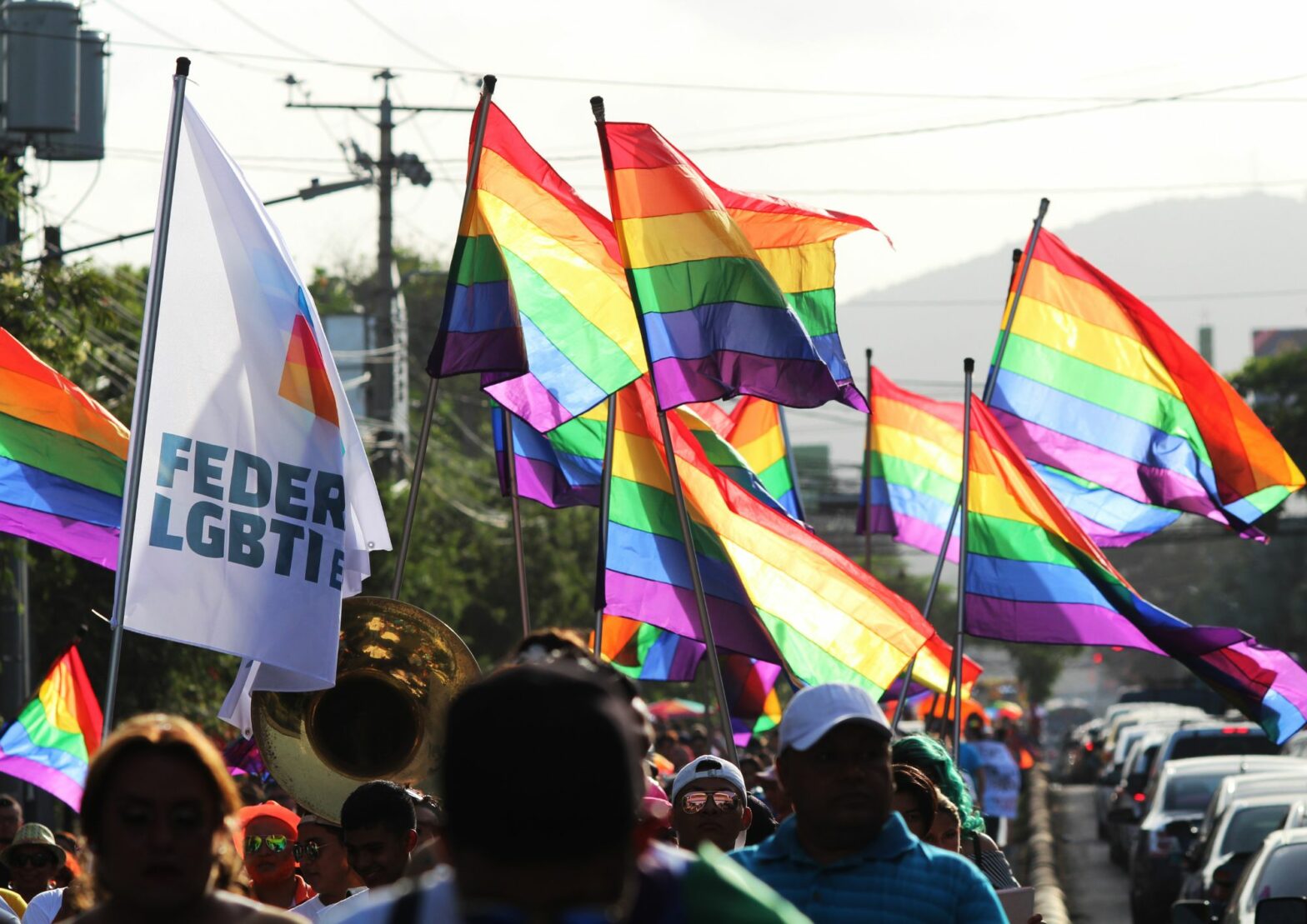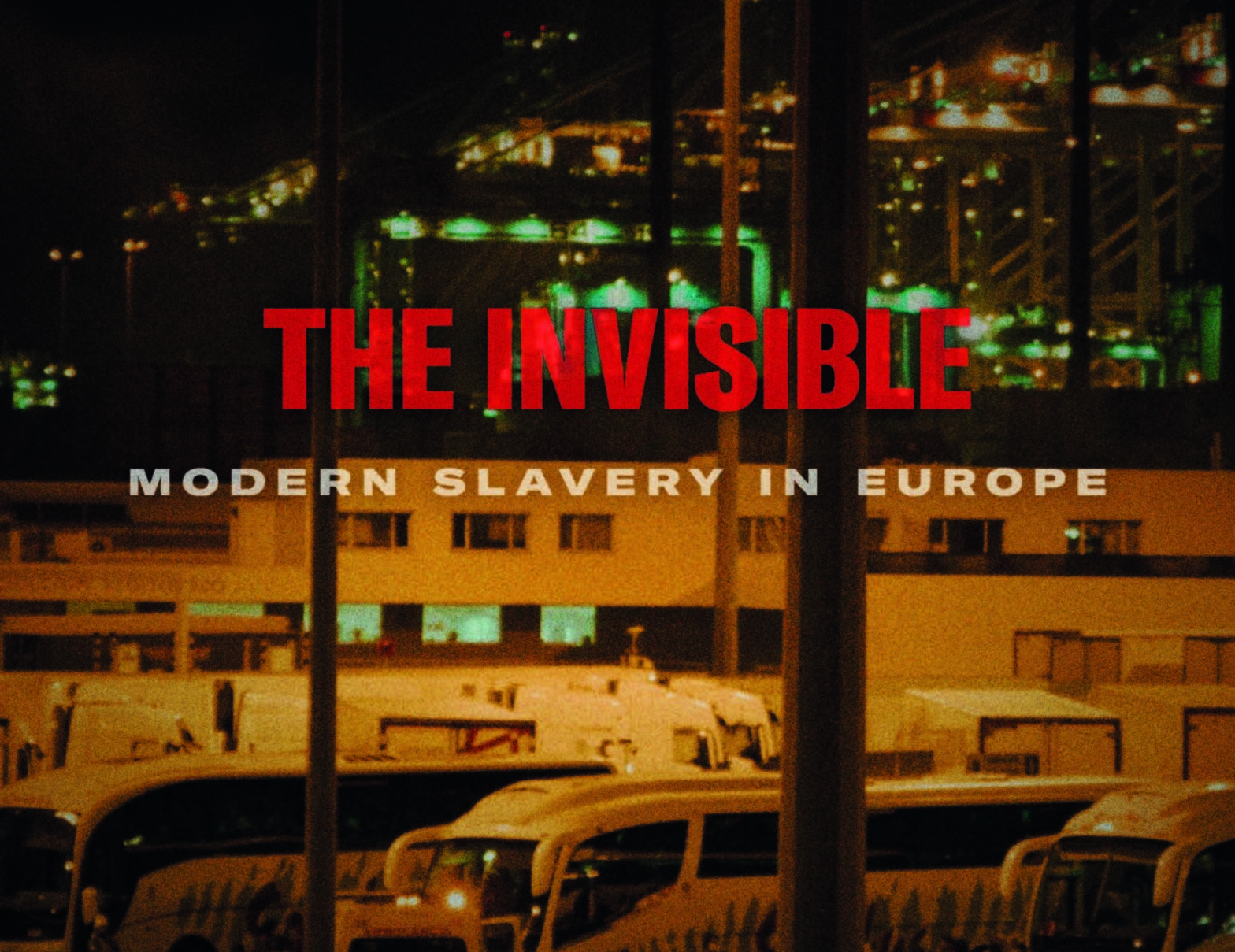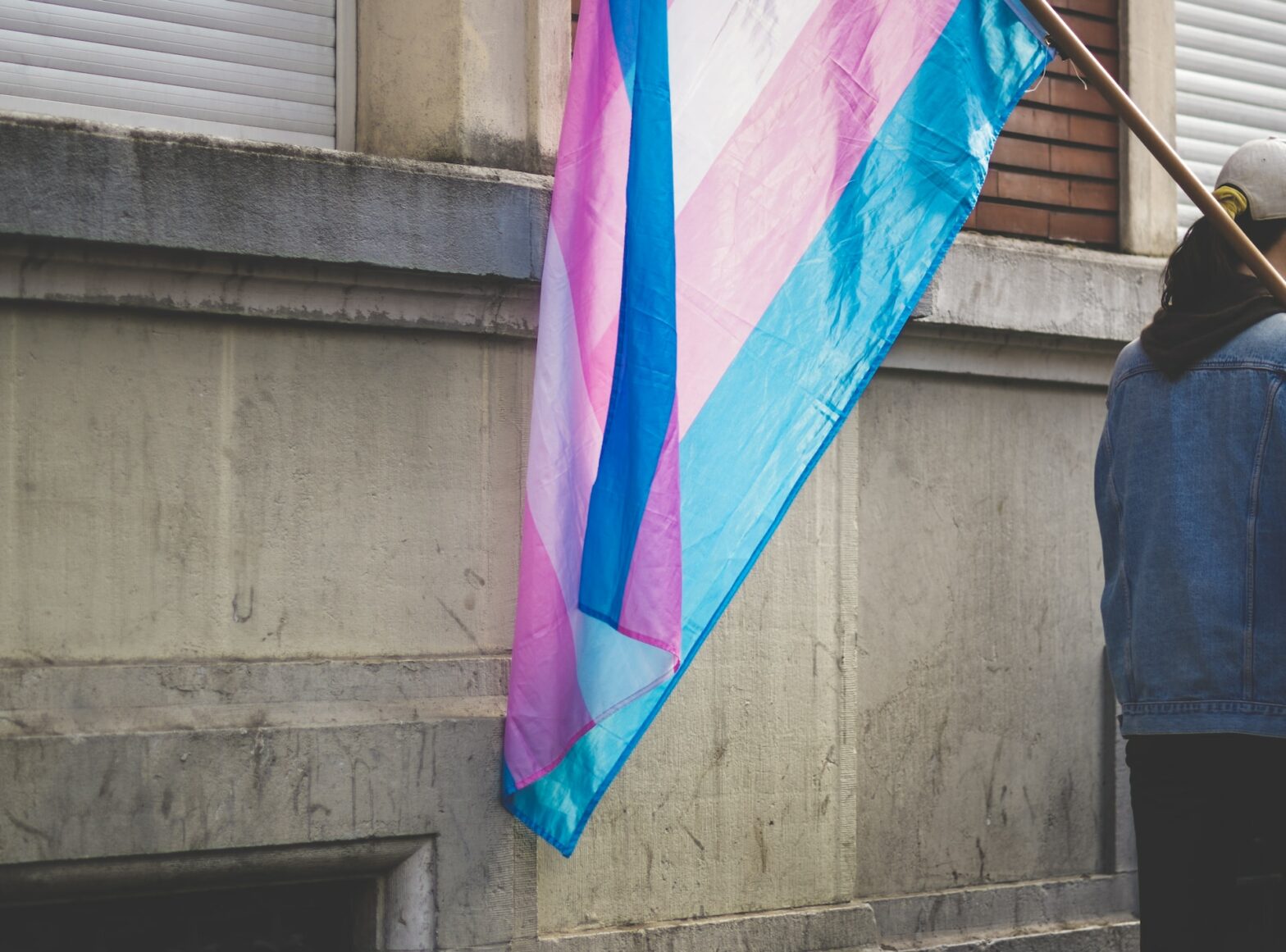Share Twitter Facebook Email Copy URL
Having a proof of identity is useful for many reasons: to access services, to enable people to exercise their rights, and to prevent fraud. But even the best-designed identity systems may have gaps – through which people who do not fit the criteria may fall. And once they have fallen through the gap, it is difficult to climb back up.
Following the introduction of national identity documents in Uganda, minority communities there have been caught in limbo between cultural identity and legal belonging. In 2014, the government launched the National Security Information System project to provide identity documents as a unique identifier for the 2016 general election. However, the new documents became a requirement not just to vote, but also to access public services such as birth registration, healthcare, education and financial services. This increased the risk of statelessness for several minority communities.
Uganda’s 1995 Constitution provides for citizenship at birth to children whose parents or grandparents are members of the indigenous communities listed in the Constitution’s Third Schedule, namely those who resided within the borders as of 1 February 1926. Following a constitutional amendment in 2005, which added nine communities, the list now includes 65 indigenous communities. But it still excludes several minorities, even though they were in Uganda before the cut-off date and have no other nationality and no other legal pathways to acquire citizenship at birth.
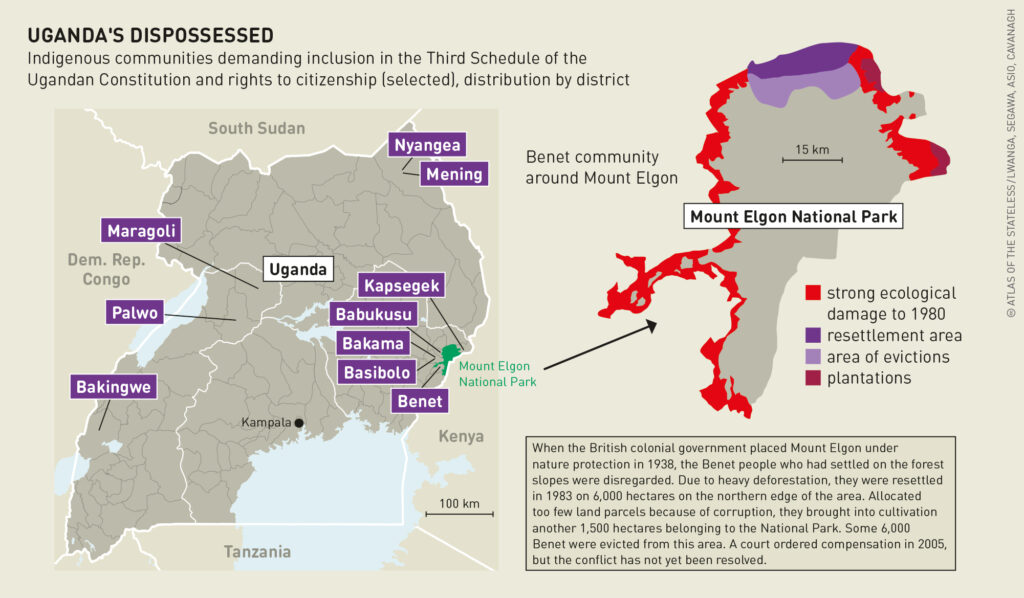
that lived in the country before 1926 are considered
Ugandans. Over 30,000 people are still excluded
Discussions on introducing identity documents started in the late 1990s, but it was only in 2015 that the Registration of Persons Act established the National Identification and Registration Authority to issue them. During a mass registration exercise in 2014/15, many members of minority groups found themselves turned away because the Constitution did not recognize them as indigenous communities. Excluded from essential services, many felt compelled to sacrifice their cultural identity to establish their legal status. They registered as members of other local indigenous communities with whom they had close cultural and linguistic ties.
Experiences from neighbouring countries like Kenya tell a similar story in that the global push for “identity for all” did not bring about the hoped-for outcome of universal access to services, but instead excluded minorities even further. In Uganda, minority communities are at risk of falling further behind by a move that aimed at inclusion; they also face the loss of their cultural identity as they try to navigate around the obstacles placed before them.
For the Maragoli community, the introduction of identity documents compounded concerns over their exclusion. While their historical movements are not documented in detail, they are believed to have arrived in Uganda in three migration waves in the eighteenth and nineteenth centuries, and have since lived in Uganda’s western region of Bunyoro. Realizing they were excluded from the Third Schedule in the late 1990s, the mass registration of 2014/15 prompted them to intensify their advocacy. They filed petitions with several government bodies, which confirmed that they indeed met the 1926 cut-off criteria and should be included in the Third Schedule. But the petition was left to be dealt with by a Constitutional Review Commission, which has not begun its work as yet.
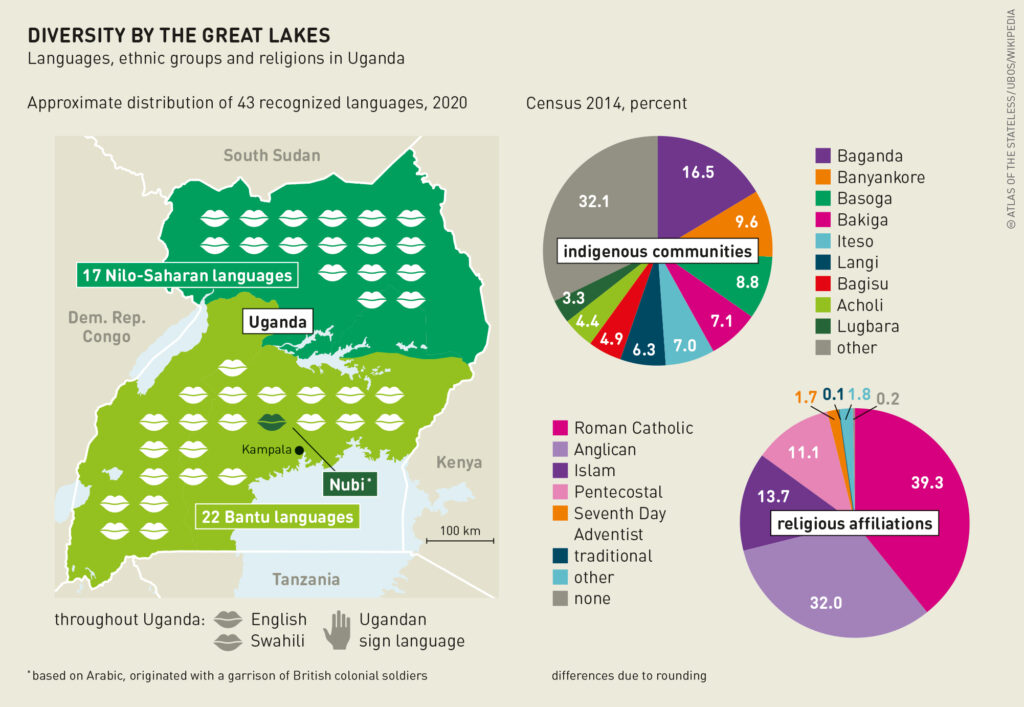
of 34.6 million. They are strikingly diverse in
language, ethnicity and religion
Another community excluded from the Third Schedule are the Benet in Uganda’s eastern region. Like the Maragoli, they felt forced to register as members of a different indigenous community so as to obtain essential services. In addition, the Benet face problems in accessing their historical lands. The area where they live is today part of Mt Elgon National Park, a protected wildlife area. A resettlement exercise by the government in 1983 to the lower slopes of Mt. Elgon saw a large proportion of the Benet become landless or under threat of eviction. In 2005, the High Court ruled that the Benet are the historical and indigenous inhabitants of the area and should be accorded access to their land. Although it has still not been implemented, the judgement confirmed that they should also be listed in the Constitution.
In October 2019, the Ugandan government made commitments at the High Level Segment on Statelessness in Geneva to include communities that had been living in the country since before 1926. In January 2020, a member of parliament was granted leave to draft a Constitutional Amendment Bill to include the Maragoli community in the Third Schedule. These developments created renewed momentum among both the Maragoli and other communities and spurred hope that they would finally be able to exercise their right to nationality without having to deny their cultural identity.
Statelessness is both a reason that minorities are marginalized and reinforces their exclusion. The question remains whether a nationality framework that is based on membership in a particular ethnic group, with no alternative criteria to granting nationality at birth, can ever be fully inclusive.
This contribution is licensed under the following copyright licence: CC-BY 4.0
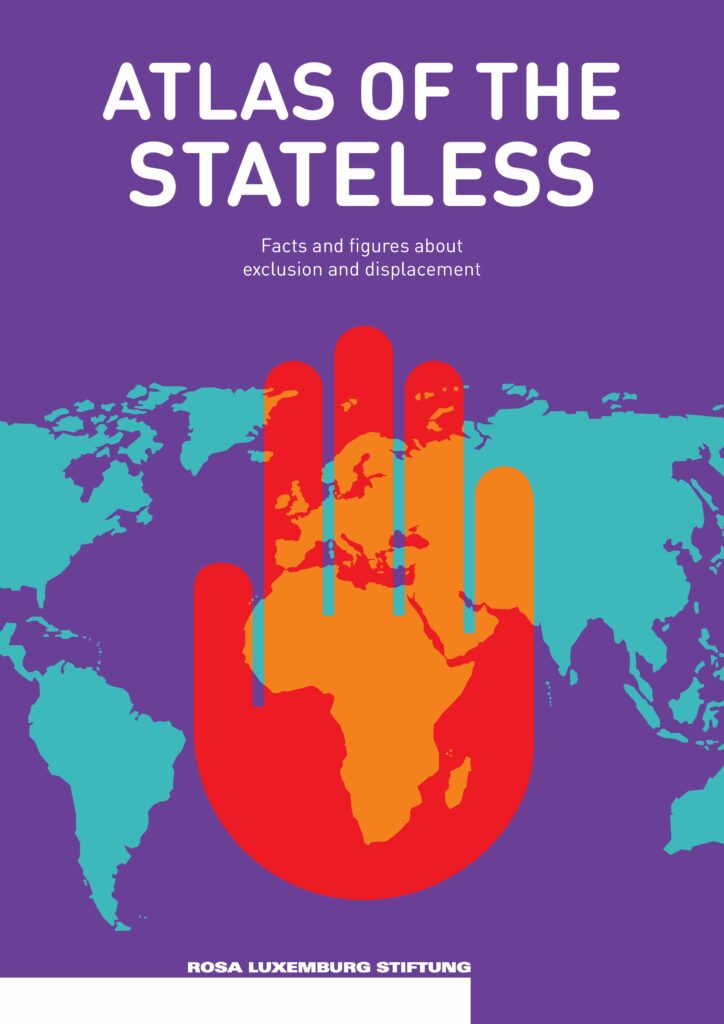
The article was published in the Atlas of the Stateless in English, French, and German.
